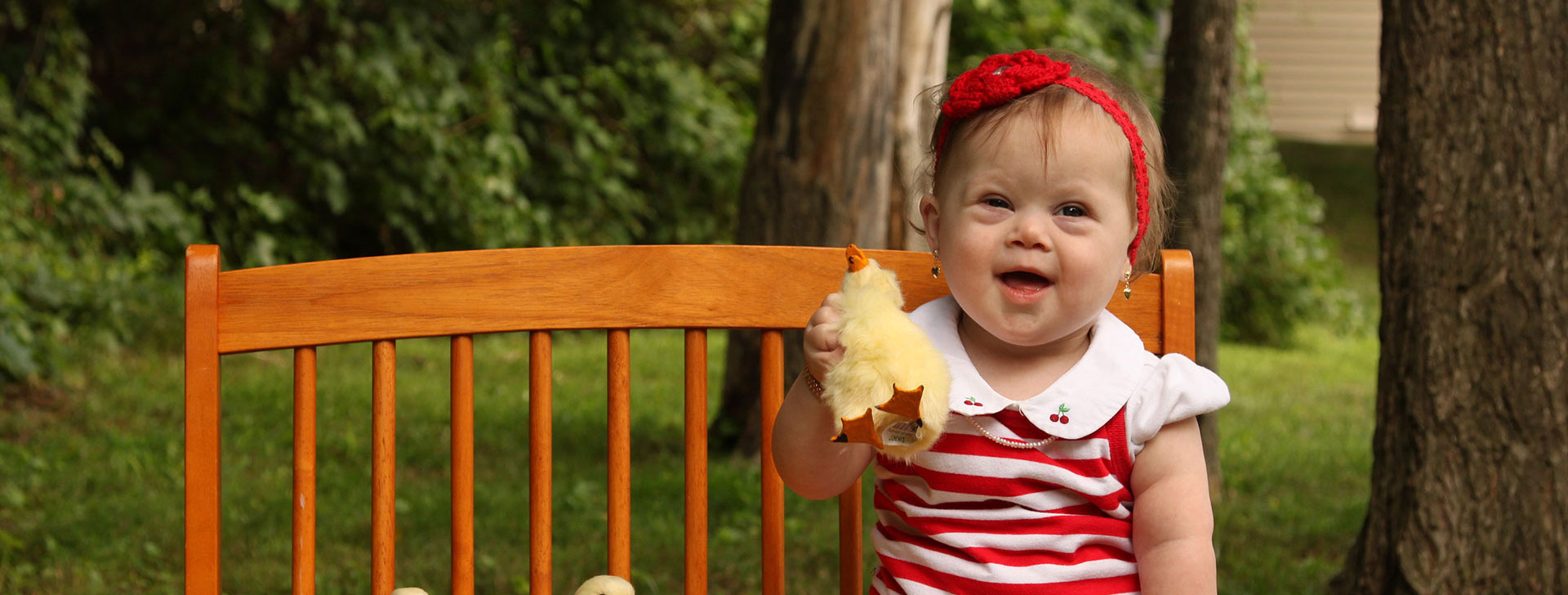I write these words on the eve of the 18th yartzeit of my dear mother a’h. While the pain of her loss is still stinging, I take comfort in the fact that we were with her and held her hands down to the moment when she slipped into the World of Eternity.
It is so painful for me that in this very edition of DSAU, under the topic ‘Confrontation’ there is a lot of ‘dialogue’ about parents being forced by grandparents to give away their newborn with Down syndrome. How blessed am I and my family that our memories of our children’s grandparents zichronom livracha, are filled with love, longing and genuine warmth.
Every yartzeit takes me down memory lane, and this one is no exception. I remember my mother’s tears, my parents’ and parents-in-law’s tears; I remember whispered telephone conversations between them when they thought we weren’t aware… I also remember their fears. What would this challenge of a child with Down syndrome do to a young couple who had barely started out in life? Who would guide us? There were no other young couples in our community (to our knowledge) who had babies with Down syndrome; we were the only ones.
All those fears and more were a constant from the moment of Moishey’s diagnosis. However, what we remember most poignantly from those turbulent times, is the unwavering support our parents gifted us with. They were our pillars, our rocks, our unwavering towers, our beacons of light in a world that had turned dark.
They were our parents and our children’s grandparents. The best of the best. They were not offering advice; they were not stating opinions; they were not forcing decisions upon us. From the earliest days, they adopted a slogan which they carried with them until they were no longer here – ‘Children, we are here for you in whatever capacity you need us and we support you in whatever you decide.’
It was the best gift they could have given us.
My mother held my hand, caressed my heart and wiped my tears. Her strength became my strength. Her resilience became my resilience. Her acceptance of Hashem’s Will became my acceptance.
May her neshama have an Aliyah.
In that very same letter that I referenced many rows up, R.S. asks why DSAU includes articles that might cause pain to parents who gave up their children with Down syndrome. The answer is very simple: this magazine is not published for such parents. It is published for those whose children are “amongst us”; children who live at home with their biological families. In the same vein, I get phone calls from new parents who ask for “chizuk” as they plan on giving up their newborns with DS. I wish them ‘Mazel Tov’ and gently let them know that I cannot provide that service for them; I cannot provide chizuk for giving away one’s children. If the articles that offer a different point of view cause pain, those parents are welcome to refrain from reading Down Syndrome Amongst Us.
A large family sent an article for this magazine, about their brother with Down syndrome, that was jointly written by several siblings. The article left a bad taste in my mouth. It was disrespectful to the young man who was the subject of it. Our struggles with our children with DS are appropriate for conversations in parent support groups and venting on parents’ text groups, however writing for a large reading audience requires a certain decorum and respect. I asked the family to rewrite it while wearing rose-colored glasses, so that their sibling comes out looking better and more respected.
I got a scathing email from one of the sisters who wrote that now she understands why my magazine never comforted her during all the challenging years of growing up alongside a sibling with Down syndrome. She continued to rage about the ‘deceit’ that my magazine was promulgating.
I apologized for not being there to hold her hand and explained that the purpose of the magazine is to support and inspire, and one need not seek sympathy by smearing our kids. Ironically enough, it turned out that while she accused me of deceit, she had omitted from her article an important piece of information. Her brother has a severe form of ADHD, which far outweighs his challenges of Down syndrome, thus having caused her life to be so difficult.
Suffice it to say, the family retracted the article.
With lockdown still enforced as I write these lines, I can fill volumes of the challenges of having Moishey home for so many weeks, without structure and a program. But I will not do that. I will share with my reading audience that I had a Zoom session with his psychiatrist to discuss how we can help him better deal with his OCD during these difficult times. Despite the struggles, I continue to wear my rose-colored glasses and want to share a hilarious Up Syndrome to be coupled with the psychiatrist’s session.
The doctor told me a beautiful story. At our family Shabbos meal, I proceeded to tell the story in great detail and I had a rapt audience. As soon as I finished, Moishey said to me, “Mommy, you know what? I think you should become a speaker on Torah Anytime!”
Need I burden you with the challenging details of obsessive-compulsive disorder, psychiatric medications, trial and error, or do you prefer that I have you share my rose-colored glasses? Please let me know your honest opinions.
See you on Wednesday, January 13, 2021 iy’H.
Sarah Sander

